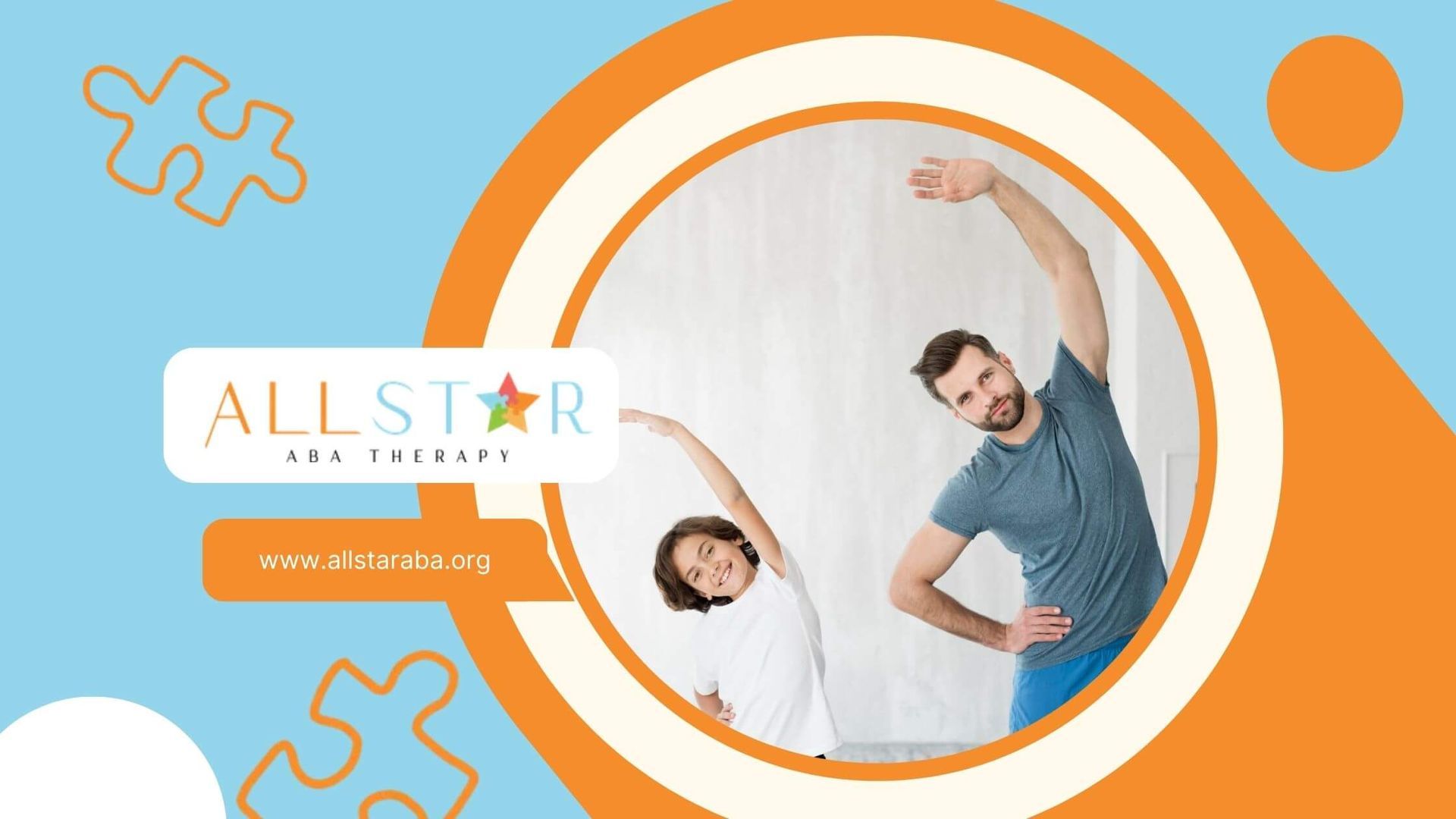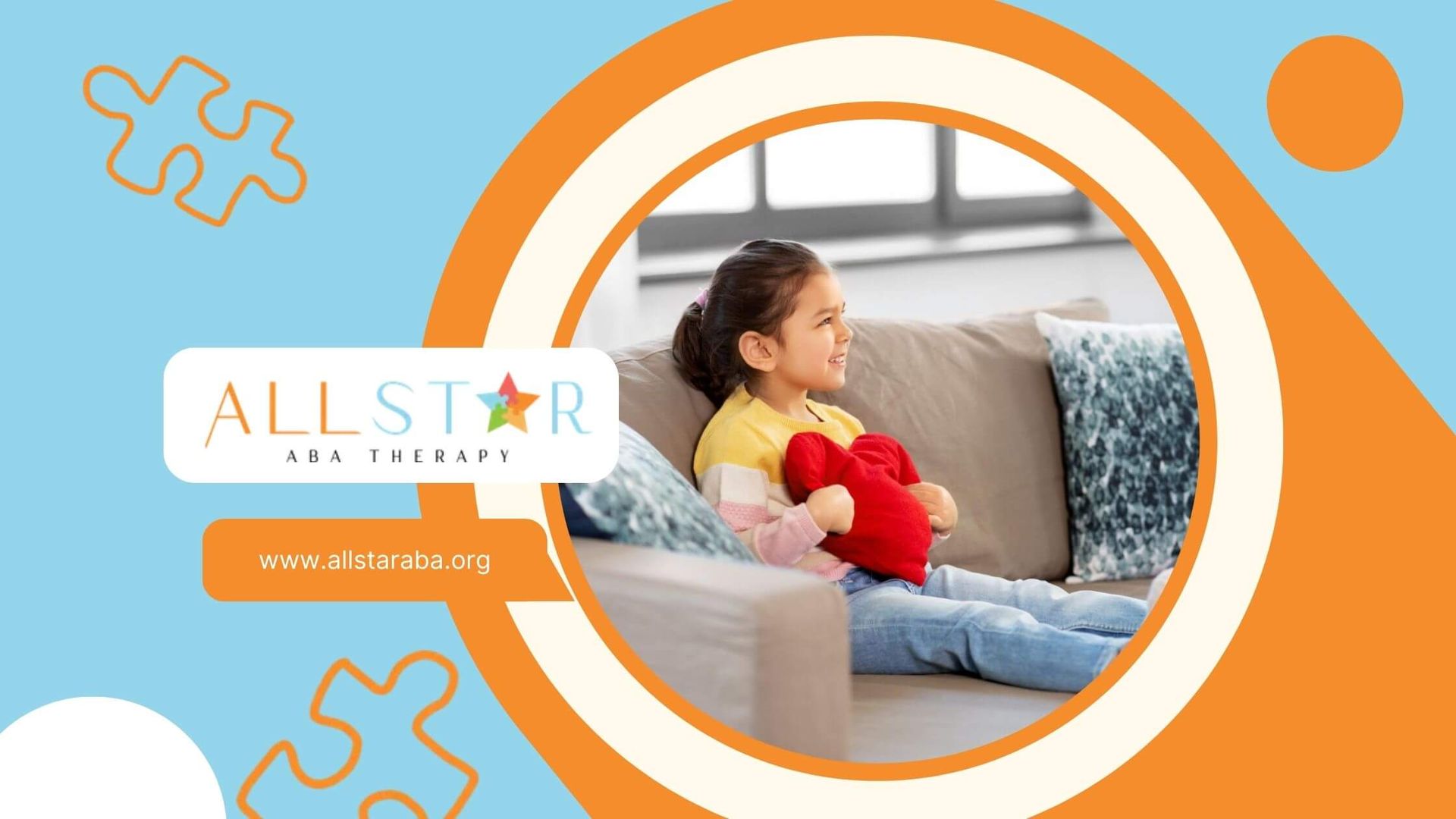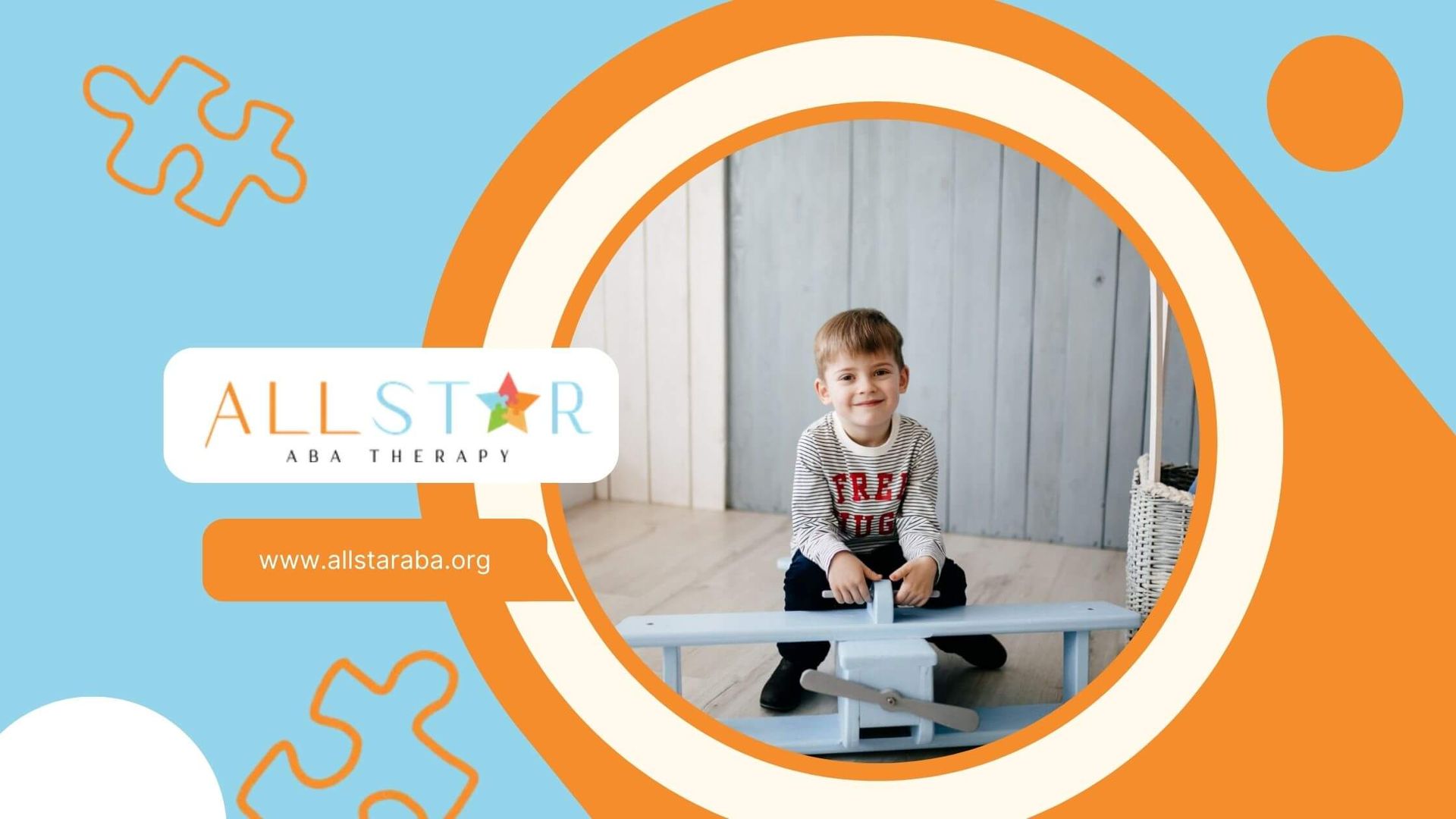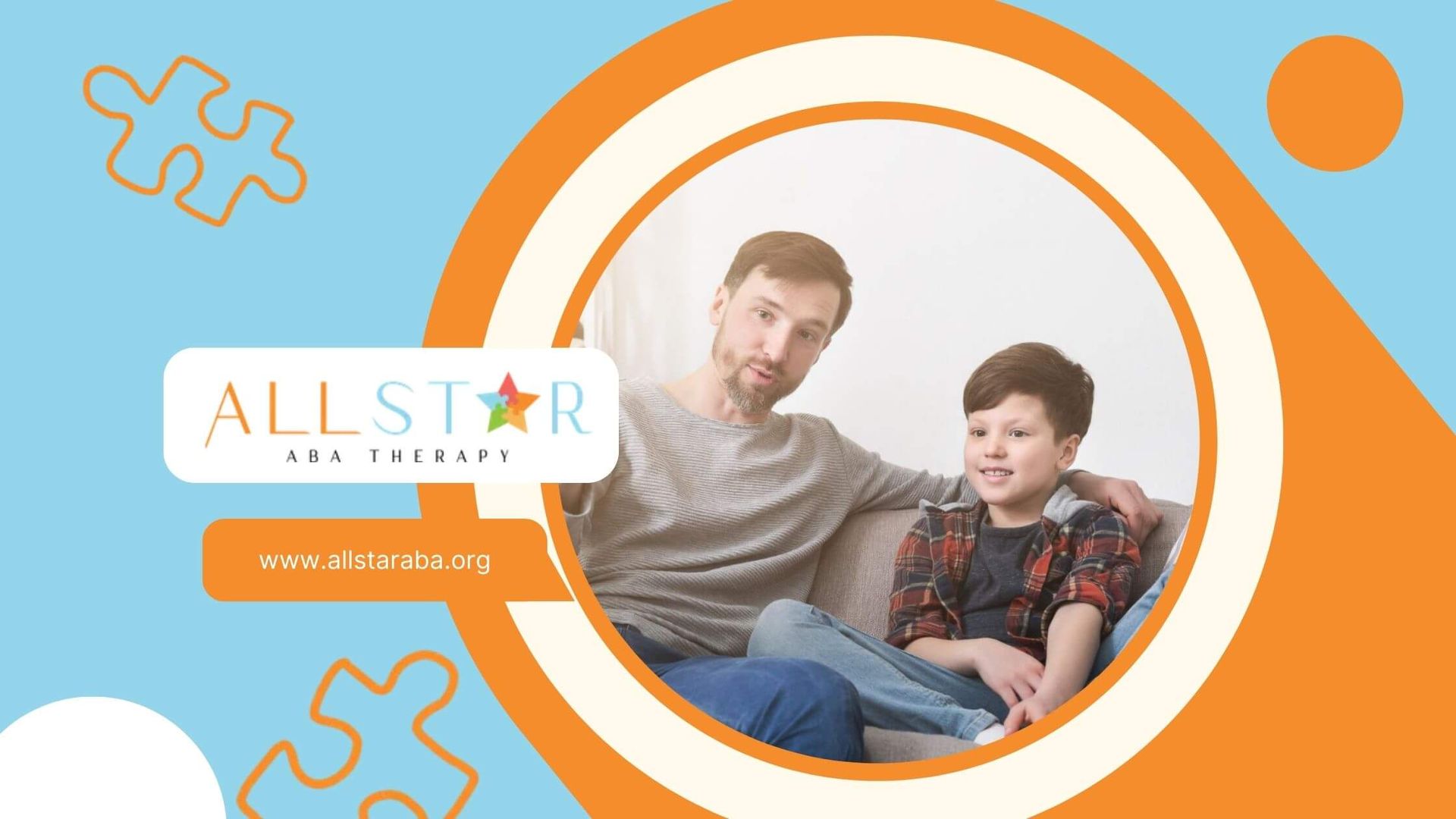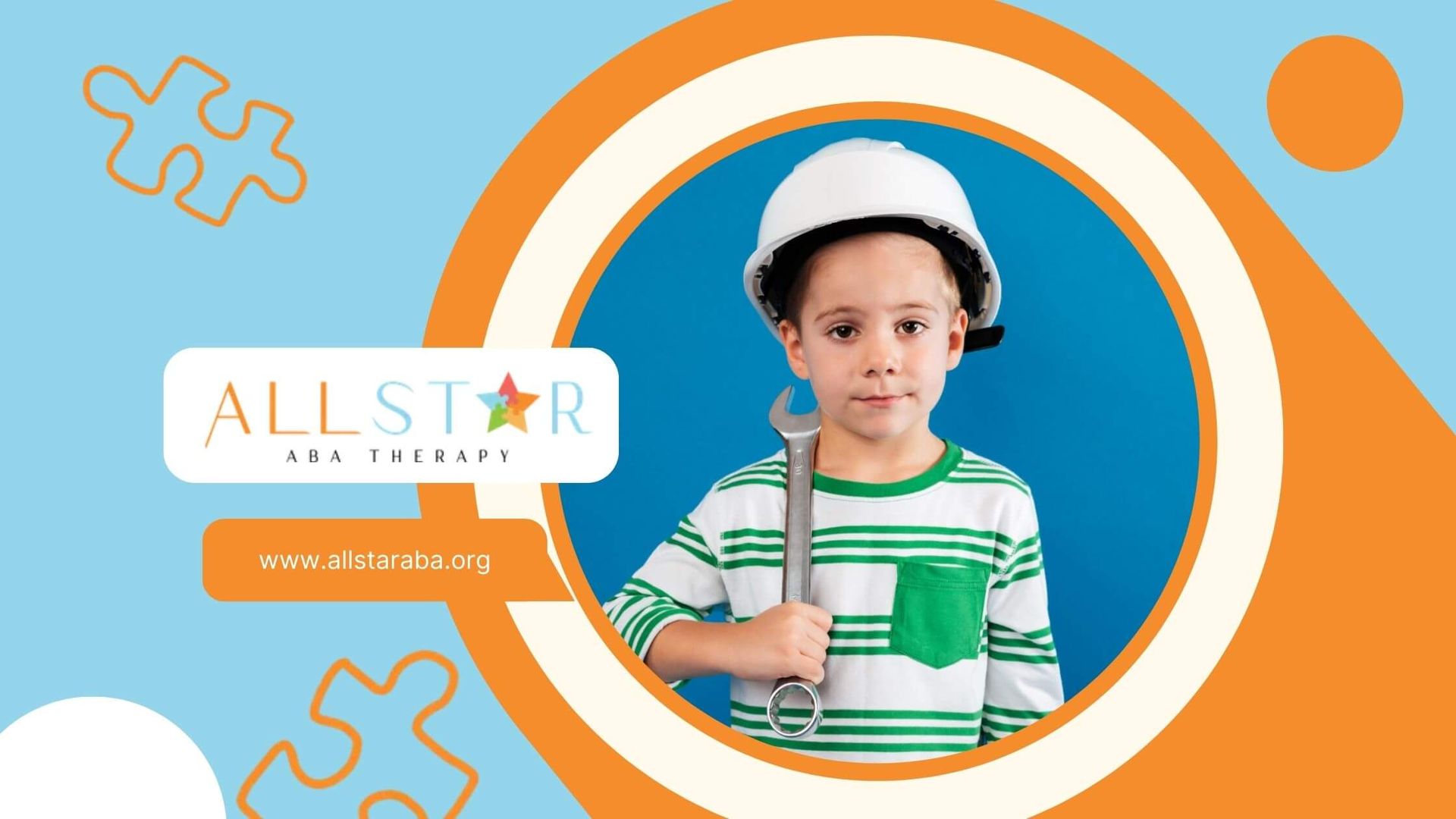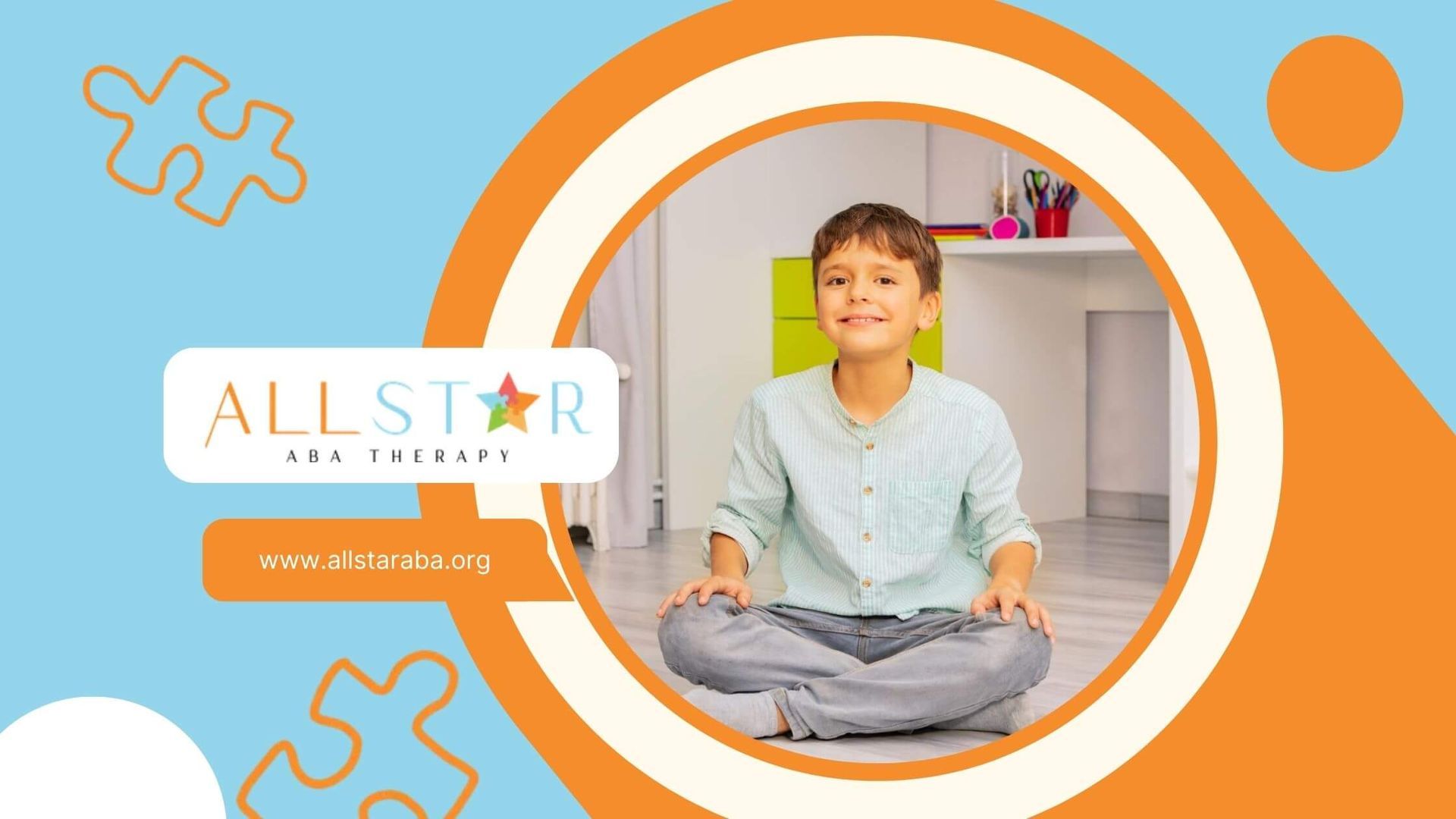New Paragraph
What Are the Three Types of Chaining in ABA? Explained Fast
Chaining is a core strategy in Applied Behavior Analysis (ABA) for teaching complex skills by breaking them into smaller, manageable steps. So, what are the three types of chaining in ABA? The answer: forward chaining, backward chaining, and total task chaining. Each method helps learners master multi-step tasks, from brushing teeth to getting dressed, by focusing on one part of the process at a time.
The Three Types of Chaining in ABA
- Forward Chaining: The learner is taught the first step in the sequence first. Once mastered, the next step is added, and so on, until the entire task is complete. This method builds skills step-by-step from the beginning.
- Backward Chaining: Here, teaching starts with the last step of the task. The instructor completes all previous steps, and the learner practices the final step first. Steps are then added in reverse order, helping the learner experience task completion early and often.
- Total Task Chaining: The learner practices every step of the task during each session, with support provided for any difficult parts. This approach gives a holistic view of the entire process from the start.
Understanding what are the three types of chaining in ABA helps families and therapists pick the best method for each learner’s needs.
Want to see how chaining can help your child learn new skills? Contact All Star ABA in Maryland today—let’s build success together, one step at a time!
Frequently Asked Questions
Which chaining method is best for beginners?
Forward chaining is often used for beginners, as it builds skills step-by-step from the start.
Can chaining be used for academic tasks?
Yes, chaining is effective for teaching both daily living and academic skills by breaking them into clear steps.
Does total task chaining require mastery of each step?
No, total task chaining allows learners to practice all steps at once, with help as needed, until the whole task is mastered.
Need Support?
We're Here to Help!
Our experienced team is ready to assist you. Reach out today to discuss how we can support your child's development and well-being.
Get started with expert ABA therapy today.



